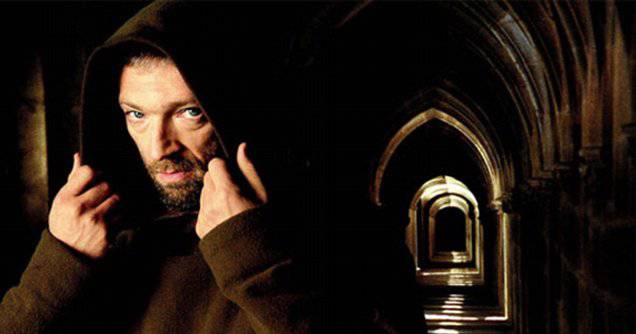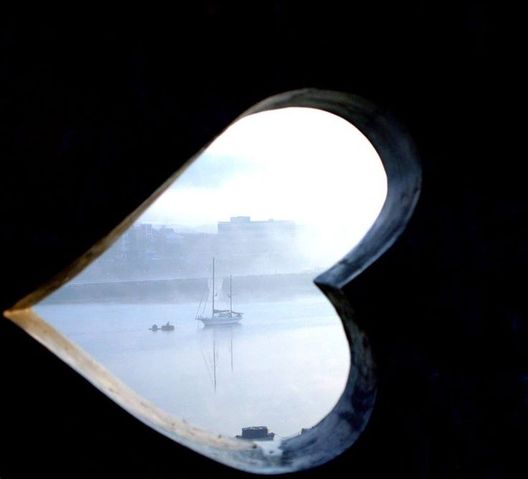About three months ago, I had an idea that seemed to be pretty cut and dry. "It starts like this, it goes like that, and it ends here." But, no. It resisted all of my attempts to corral it into a nice, short piece.
"I'm not done, yet!" it yelled at me. "Okay, okay!" I replied. So, I started over from about the fourth stanza, and I waited. When nothing more came of it, I closed the saved file and walked away.
Every so often, I revisit that poem, and listen for any inkling that it might have more to contribute, but mostly it sits quietly. A sentence chimes in with promise, once or twice, and then ... and then silence.
At some point, I came across a quote by John Keats, who said "My imagination is a monastery and I am its monk." Well, I am no monk, but I'm thinking that he had his proportions just about right.
In fact, the reverberations that play in my head when I ask, "Now what?" dramatically dwarf my impatient pleas. Suddenly, there comes the tease of yet another line, and then I'm back to waiting.
I have been here before. My Fox poem, (in Echoes l), took a full three weeks to complete. It, too, teased me along. And so did Drums of Doom, (in Echoes ll), which came in lovely little spurts over time.
But this one, about a piratess, has been ever so slowly seeping out over such a long time. When an line or an idea emerge, I am exhilarated, yet I wonder if it's worth all this dangling on promises.
So, what's this writer to do when met with such resistance? Since forcing words or ideas where they wouldn't naturally occur comes off as, well, obviously so, and when all cajoling fails, it's best to just wait.
In the meantime, I turn to other, less fickle poems that are in the works. I find it immensely helpful to have several projects going at one time, especially so when I finish some of them along the way.
At this moment, my Piratess is halfway through it's fourth page!
Image: metro.co.uk




 RSS Feed
RSS Feed